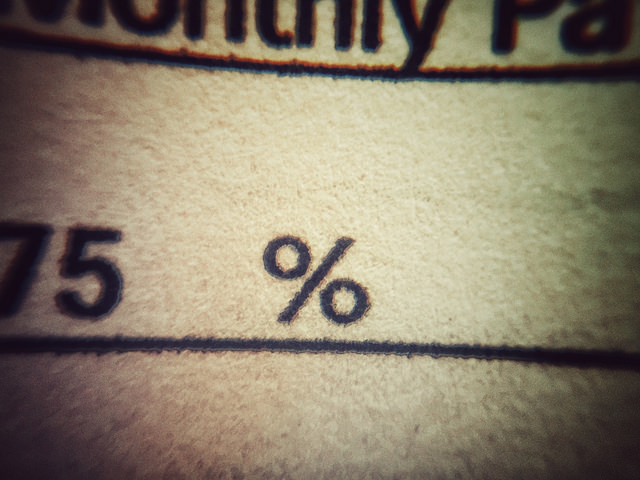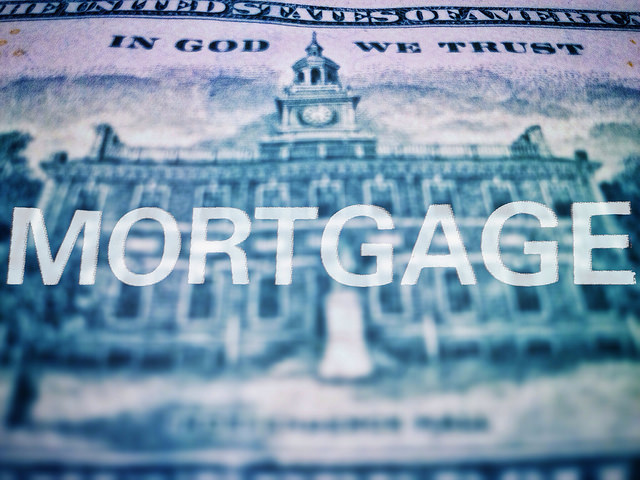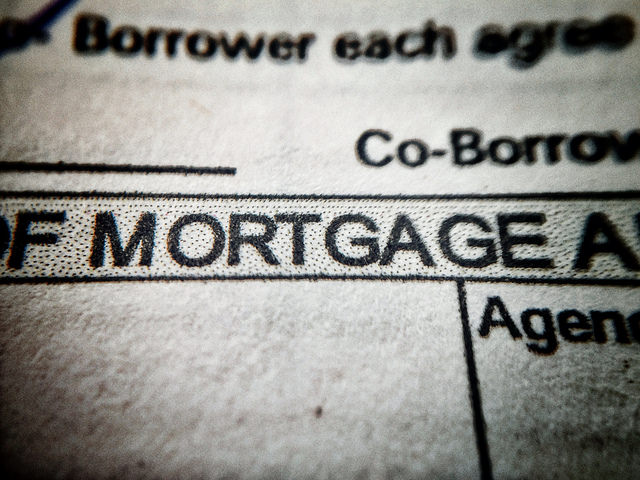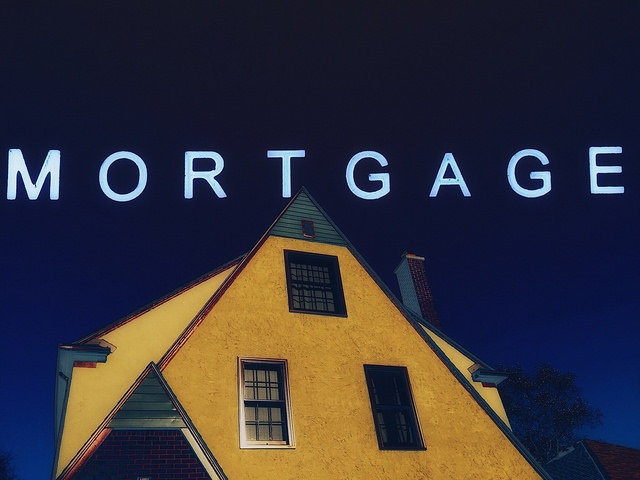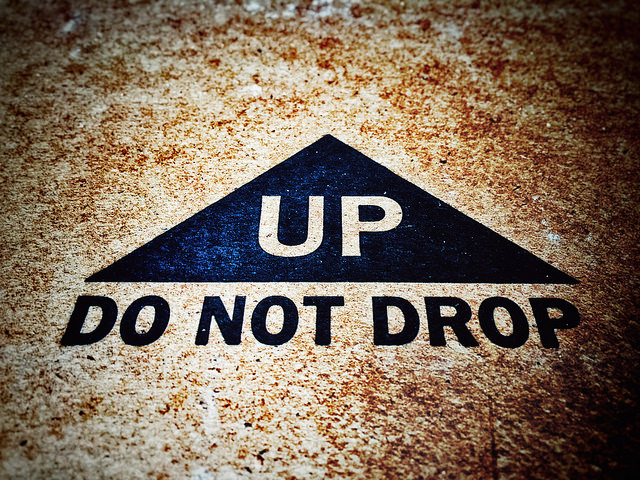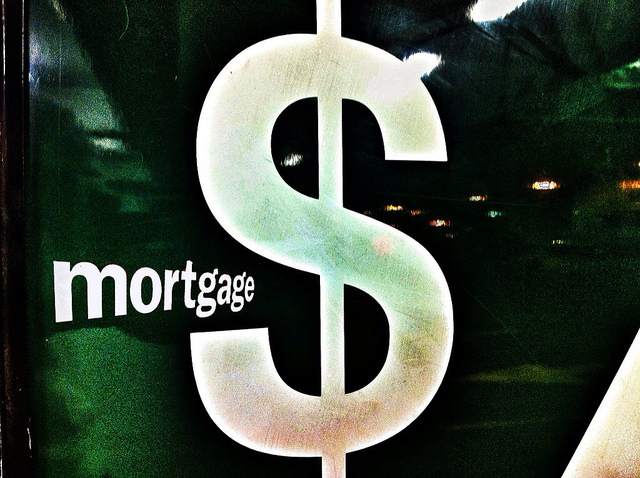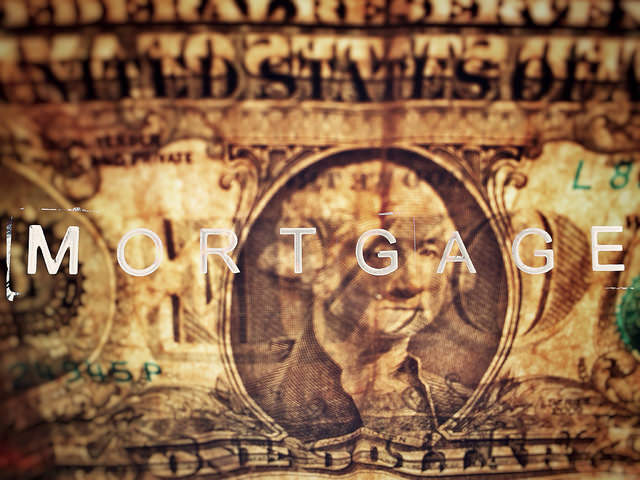According to the Mortgage Bankers Association’s Weekly Applications Survey, average mortgage rates dropped again last week, hitting their lowest point since last April. Rates were down across all loan categories, including 30-year fixed-rate loans with both conforming and jumbo balances, as well as loans backed by the Federal Housing Administration and 15-year fixed-rate mortgages. The decline spurred refinance activity, which increased 16 percent over the week before. Michael Fratantoni, MBA’s chief economist, told CNBC that the refinance rush was once again led by jumbo borrowers. “Treasury rates fell again last week, and mortgage rates fell to their lowest level in over a year, with rates on jumbo loans dropping to their lowest level since December 2012,†Fratantoni said. “As we have noted in recent weeks, borrowers with larger loans tend to be more sensitive to a drop in rates, because they stand to benefit more from refinancing.†Because of this, the average loan size for refinances set a new record at $316,000. Demand for loans to purchase homes, on the other hand, fell 4 percent from the week before, though they are now 30 percent higher than at the same time last year. The MBA’s weekly survey has been conducted since 1990 and covers 75 percent of all retail residential mortgage applications. More here.



